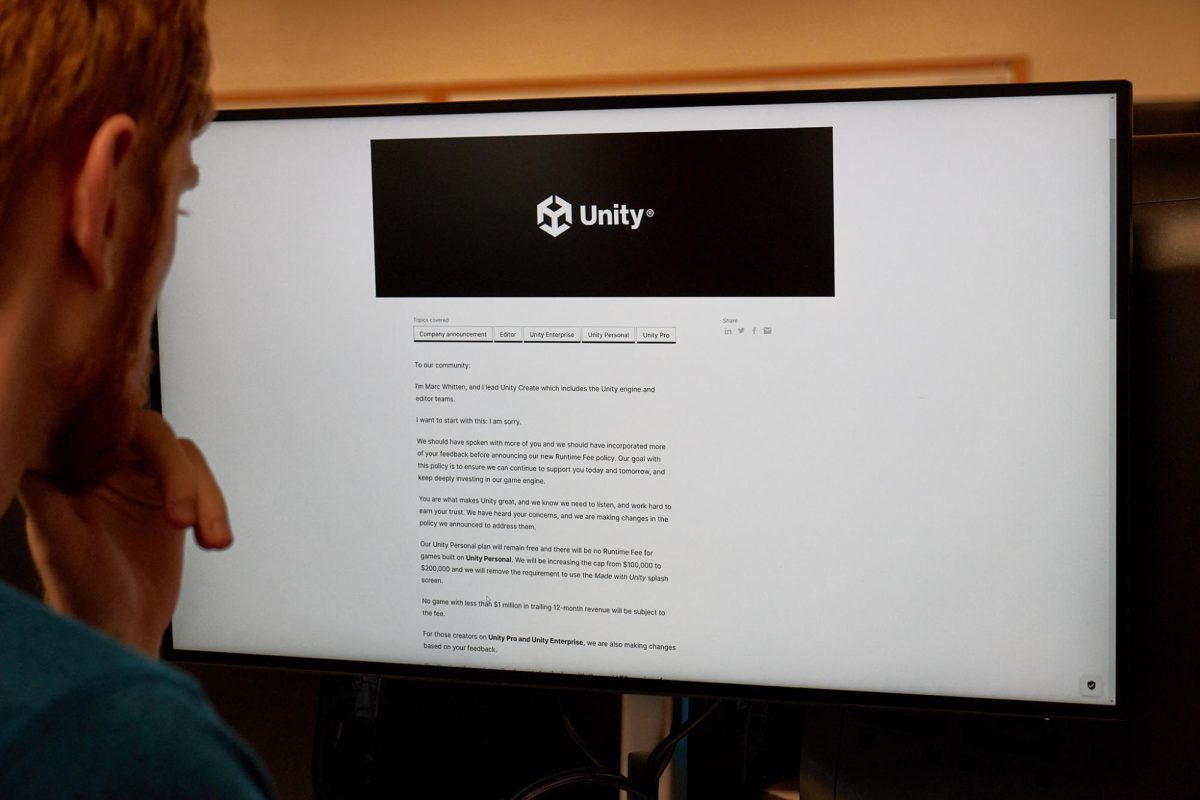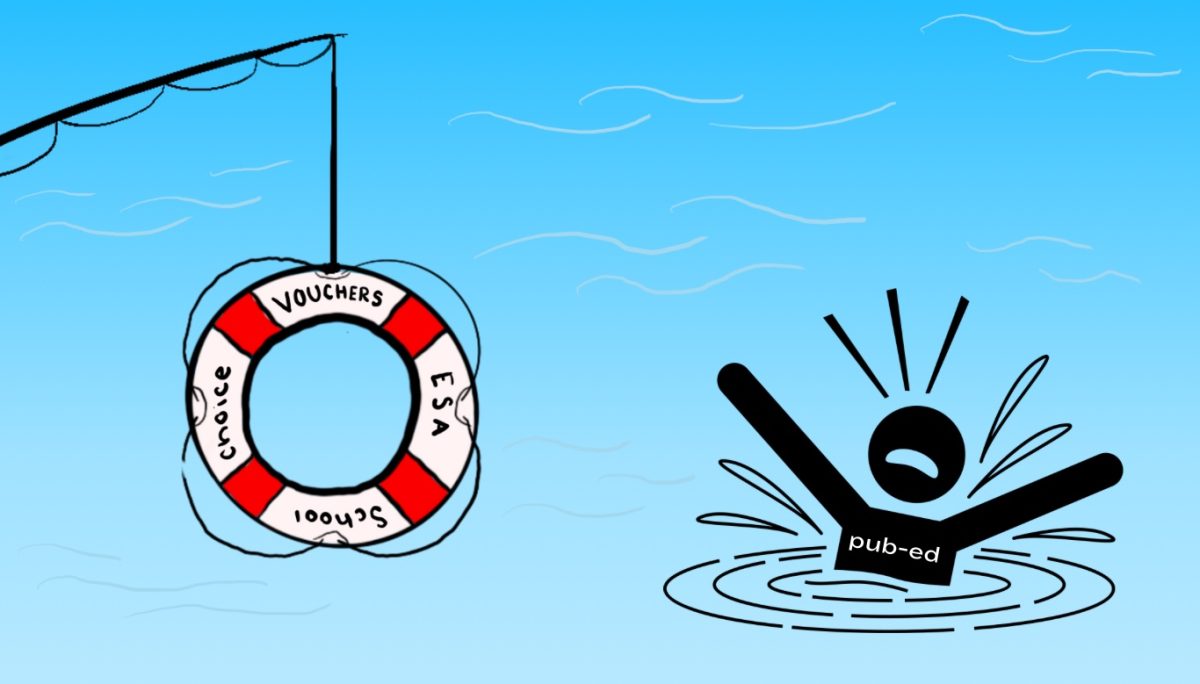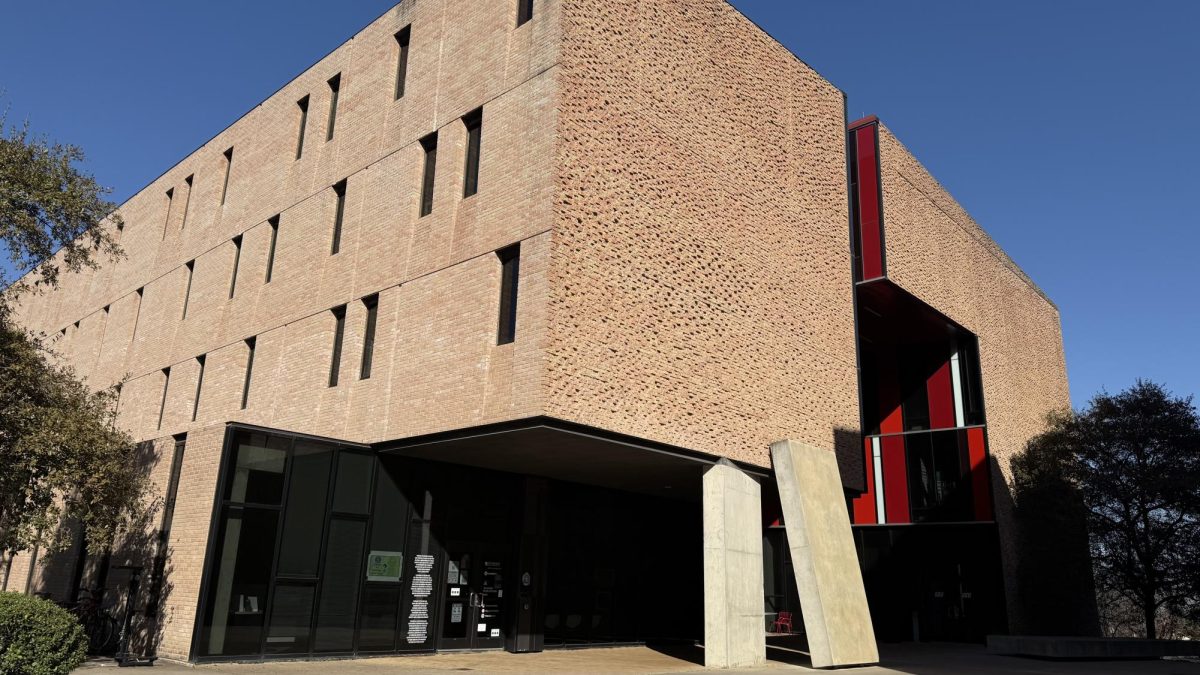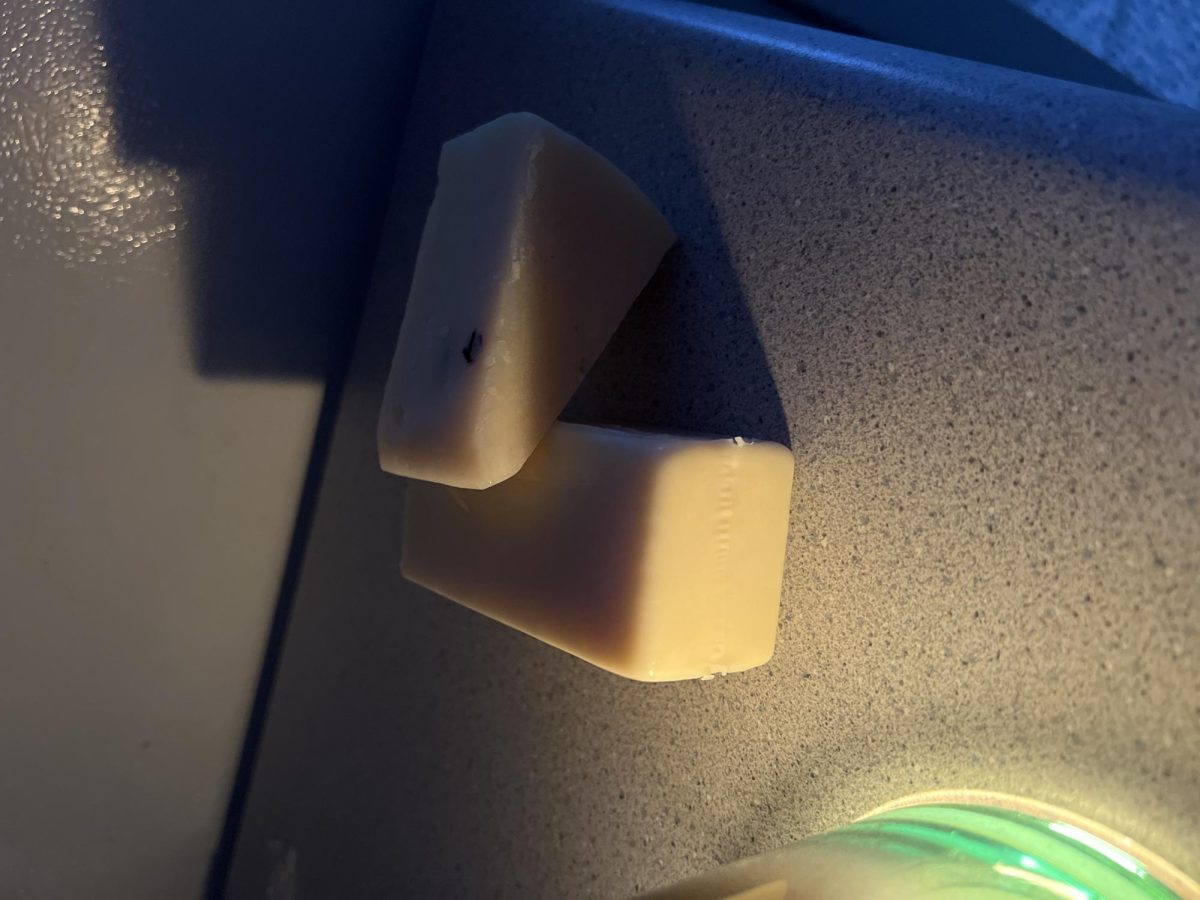Unity is one of the largest video game development engines on the market right now, with thousands of game developers utilizing the software and turning the engine into a veritable juggernaut. Now, both Unity and its overarching company’s, Unity Technologies, futures are all but certain following a recent policy change that sent the game development space into an uproar.
On Sept. 12, Unity Technologies announced a new business model, including a new “Unity Runtime Fee” that would apply to developers whose games reach predetermined levels of income and game installs. Depending on the license a developer has for the Unity game engine, the developer would be obliged to pay Unity Technologies between $0.20 and $0.01 per install of a game starting January 1, 2024. Unity spoke about this new fee amongst other policy changes in its blog.
“We chose this because each time a game is downloaded, the Unity Runtime is also installed. Also we believe that an initial install-based fee allows creators to keep the ongoing financial gains from player engagement, unlike a revenue share,” Unity Technologies said in the blog post.
It would be an understatement to call the video game development community’s reaction negative. This new policy was met with some of the most intense and unified backlash from the game developer community in recent history. Nick Kaman, the studio head and art director for Aggro Crab Games, made his opinion on Unity’s decision clear in an interview with NPR.
“Every time we start a new game, right, we have to make this decision on what engine to use, and that’s a three year commitment, at the very least for us … In the next three years they could make a handful of other crazy decisions that totally throw us off course or harm our sustainability as a business,” he said. “So to see the attitude and ability to communicate and their decision making over the last week has just totally lost all their confidence, not just with us, but with most of the industry. And it’s quite sad to see.”
The ongoing Unity situation has been a moment of weakness in the dominance Unity held over the game development scene. Rival game engines, such as GameMaker and Godot, are swooping in to offer opportunities to developers who are turning away from Unity. These reactions lead to Unity Technologies walking back some aspects of their initial model, such as declaring the runtime fee will not apply to unless they hit those with personal licenses. In the same aforementioned blog post, Unity Technologies added the following editor’s note on Sept. 17 to address the situation’s backlash:
“We have heard you,” they wrote. “We apologize for the confusion and angst the runtime fee policy we announced on Tuesday caused. We are listening, talking to our team members, community, customers, and partners, and will be making changes to the policy. We will share an update in a couple of days. Thank you for your honest and critical feedback.”
While this statement implies Unity Technologies will withdraw their heavily scrutinized business model, will the game developers come back?
It is my opinion that not all of them will.
In business, modifying or changing the terms of a contract after they have been agreed to is a cardinal sin. It is for this reason that I, an aspiring video game developer myself, struggle to trust the game engine I have been learning and using for the better part of two years. Trust is something that takes a long time to build, but one wrong word can raze it to the ground. How can I put my faith in Unity when it has a history of pulling the rug out from under other video game developers’ feet?
While some may not have the time and money to transition their game development pipeline, others like me do. Personally, I have recently transitioned one of my projects away from Unity engine and onto the Unreal engine. Unity may still be the mainstay in some studios, and the company’s reputation is deeply scarred. The remaining question is if Unity Technologies and its engine will stay afloat or sink beneath the very waves their actions created.





















